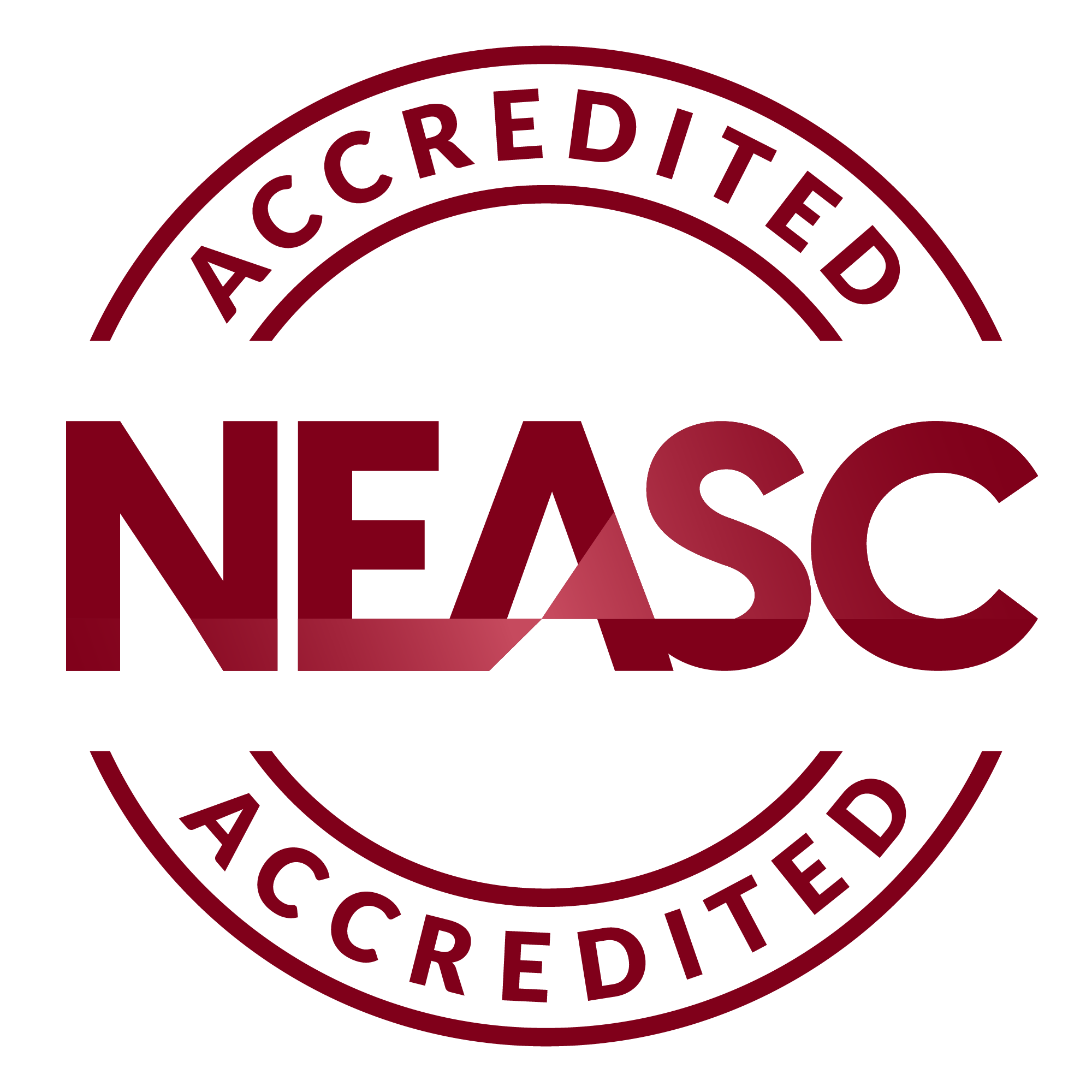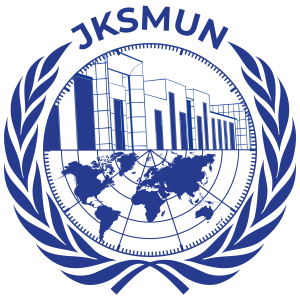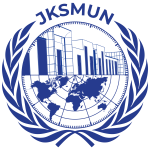Redefining Order
The subject “Redefining Order” invites participants to examine the changing landscape of global governance and international relations in the face of serious issues like as climate change, geopolitical upheavals, and socioeconomic inequality. This subject challenges participants to critically evaluate existing power and authority structures and discuss how they may be reinvented to promote inclusivity, sustainability, and resilience.
Delegates will examine rethinking norms in diplomacy, conflict resolution, and collaboration, with the goal of finding new solutions to today’s challenging issues. “Redefining Order” aims to inspire a communal approach to a more just and secure society for future generations by encouraging discourse on alternative models of order that prioritize human rights and equitable development.







